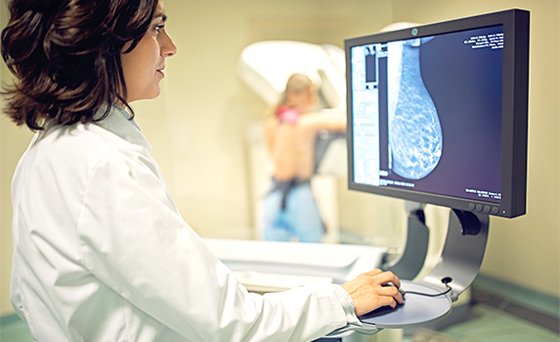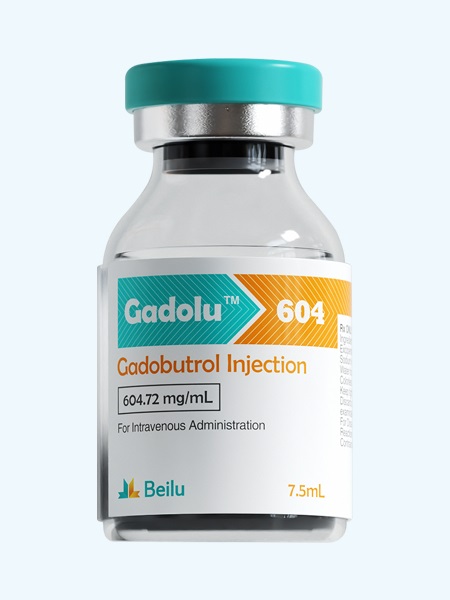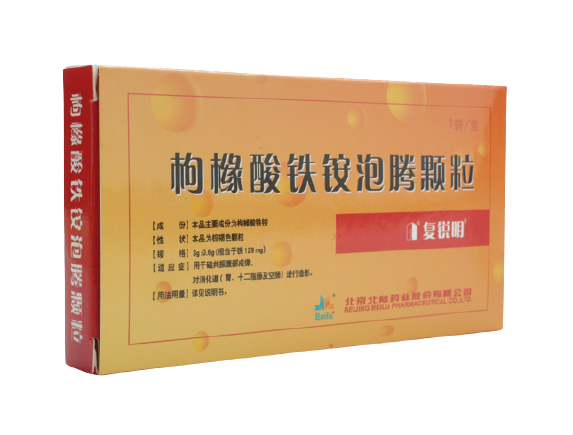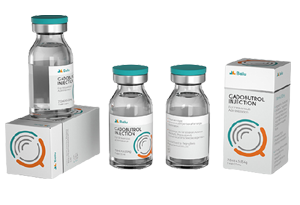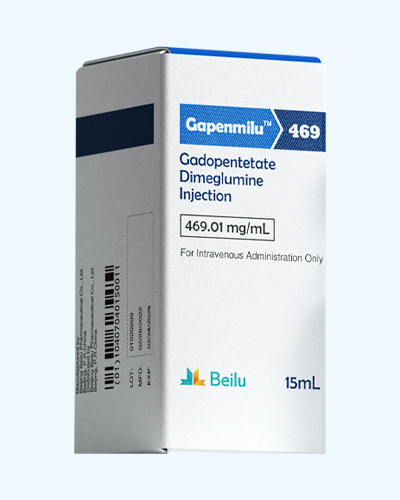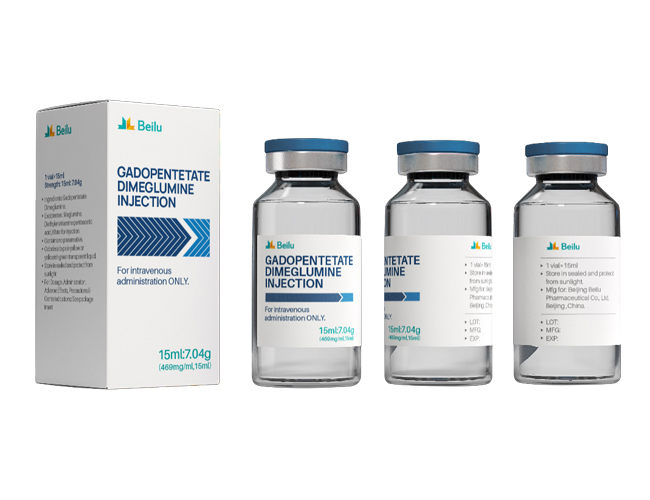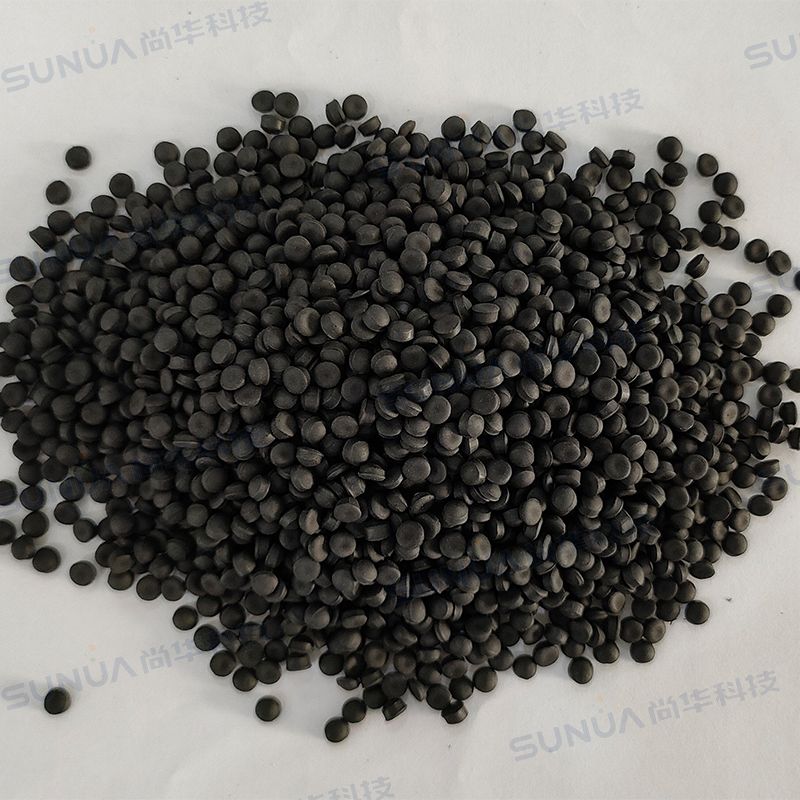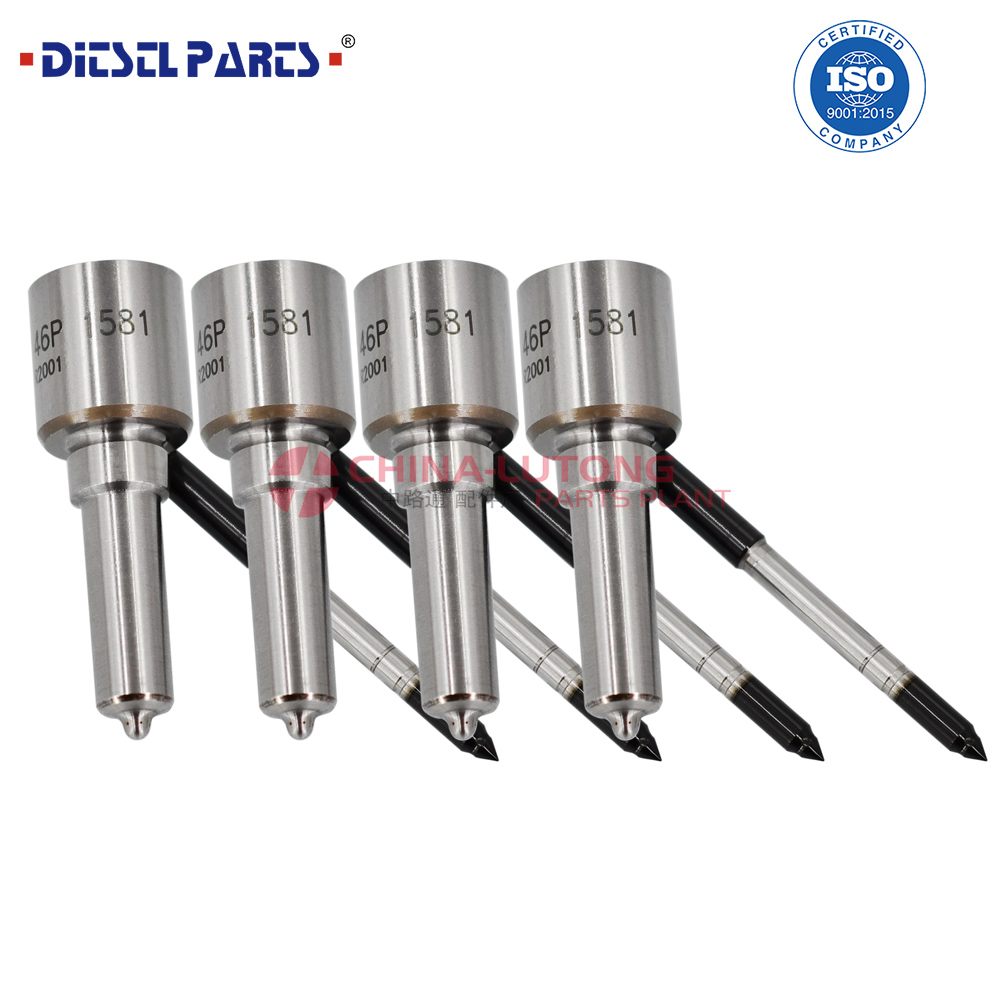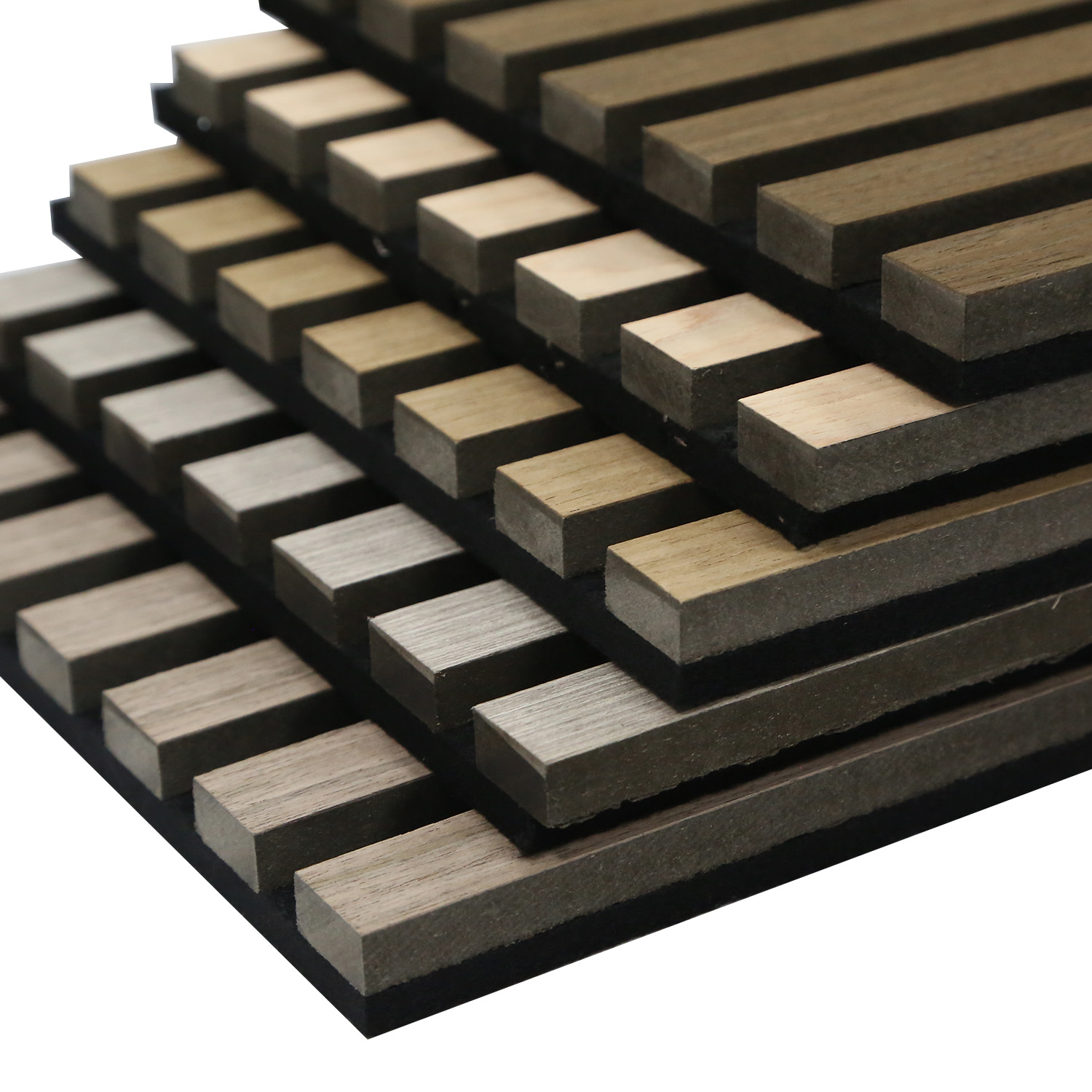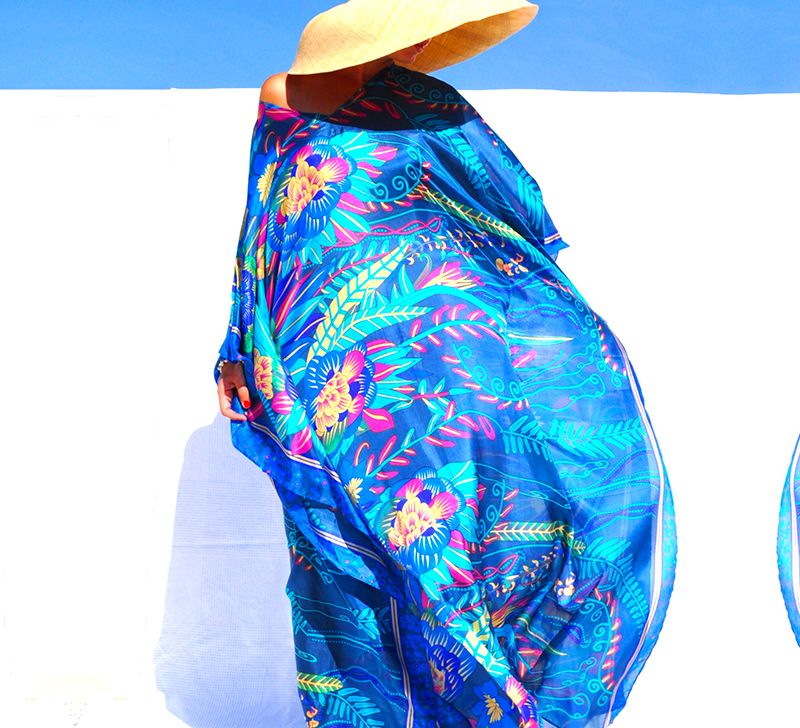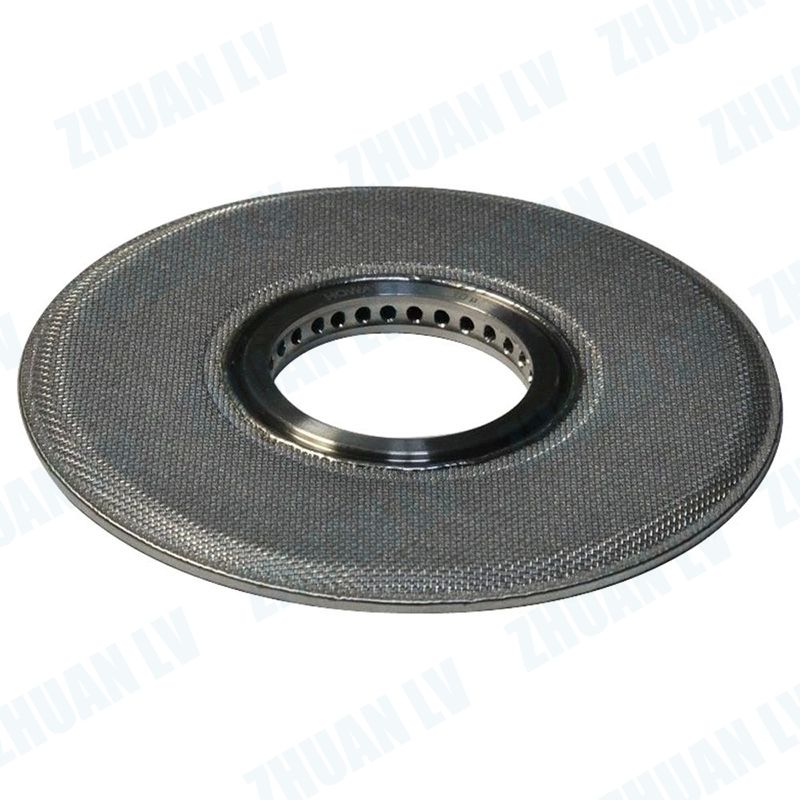CT/X-Ray Contrast Media
The main component of CT/X-ray Contrast Media is iodine. The Iodinated Contrast Media is a colorless, transparent, slightly viscous liquid. At present, the contrast agents used in ctcan be mainly divided into ionic and non-ionic, according to the osmotic pressure can be divided into hypertonic, isotonic and hypotonic. Currently, non-ionic, isotonic or hypotonic Contrast Media are used clinically. When the ct contrast mediais injected, 97% of the contrast media products can be directly excreted from the kidneys within 1 day. Apart from contrast media products, we also provide calcobutrol sodium for different use.
Types of Iodinated Contrast Mediain CT/X-ray
Iohexol Injection
Iohexol Injection is non-ionic contrast agent. Compared with traditional ionic contrast agent, Iohexol Injection has the excellent molecular structure, it has greatly improved safety, and significantl...
Iopamidol Injection
Iopamidol Injection is the second-generation non-ionic iodinated contrast media launched in the global market. In 2015, Bei lufirstly launched and listed this product in the Chinese market. Product name: Iopam...
Iodixanol Injection
Iodixanol Injection is a Contrast Media that is isotonic with plasma. It has excellent cardiac safety and renal safety, which is most comfortable to use, especially suitable for high risk patients.
Reasonable Use of Iodinated Contrast Agents
Evaluate patient benefits/risks before use
History of allergies: Patients who have previously experienced moderate to severe anaphylactoid reactions to iodinated contrast agents or patients with a history of allergies requiring treatment are at an increased risk of having an allergic reaction to CT scanglimepiride and contrast dye.
Kidney function: iodinated contrast agents can cause acute kidney injury, and patients should be evaluated for related risks before the surgery.
Combination medication: drugs that may increase the risk of adverse reactions to iodinated contrast agents: neuroleptics and antidepressants, interleukin-2, beta-blockers, metformin.
Situations where iodinated contrast agents should be used with caution: lung and heart diseases, catecholamine secreting tumours, pregnant and lactating women, myeloma and macroglobulinemia, myasthenia gravis, homocystinuria. You can see more in the visipaque package insert.
Contraindication: uncured patients with hyperthyroidism.
Dose limit for iodinated contrast agents
On the premise of satisfying imaging/diagnosis, the minimum dose of iodinated contrast agents should be used.
For low-risk patients, the total dose of types of contrast agentshad better be controlled within 300 ~ 400 ml.
Maximum dose of iodinated radiocontrast
Method I *: 5 ml × body weight (kg)/serum creatinine (mg/dl) (not more than 300 ml) [refer to Cigarroa calculation formula]
Method II: 3.7 times creatinine clearance [according to 2011 ACCF/AHAUA/NSTEMI Treatment Guidelines]
For those with severe renal insufficiency, try to choose an imaging method that does not require iodine-based contrast agents or a non-imaging method that can provide sufficient diagnostic information.
Avoid repeated use of the diagnostic dose of an iodinated contrast medium in a short period of time. If repeated use is indeed necessary, it is recommended that the interval between two MRI contrast agent applications be ≥14 days.
Other precautions for the use of iodinated contrast agents
Preheating: Before using an iodinated contrast agent, it is recommended to heat the contrast agent to 37 °C and place it in a thermostat.
Hydration: It is recommended to hydrate patients within 6 to 12 hours before using an iodinated contrast agent to within 24 hours after use. Hydration method: Intra-arterial drug users are advised to receive intravenous rehydration and oral rehydration concomitantly, and oral rehydration is recommended for intravenous drug users.
Stay and observation: After the injection of the iodine-based contrast media, the patient needs to stay and be observed for 30 minutes before leaving the examination room.
Establish an emergency channel: Establish an emergency rapid support mechanism for the rescue of adverse reactions caused by iodinated contrast agents with the emergency room or other clinical related departments to ensure that after an adverse reaction occurs, clinicians can promptly rush to the rescue scene for rescue if necessary.
Prevention and Management of Vascular Extravasation of Iodinated Contrast Agents
Prevention
Choose appropriate blood vessels for venipuncture and operate carefully; when using a high-pressure syringe, choose a puncture needle and catheter that match the injection flow rate; properly fix the puncture needle; communicate with the patient and get cooperation. Another kind of contrast media, iopamidol injection, is also widely used.
Management
Mild extravasation: Most injuries are minor and need no treatment. However, the patient should be instructed to keep observing. If the extravasation worsens, the patient should seek medical attention in time. For individuals with significant pain, common cold and hydropathic compresses can be given locally.
Moderate and severe extravasation: ① raise the affected limb to promote blood return. ② Use 50% magnesium sulfate moisturizing cold compress in the beginning, and after 24-hours change to magnesium sulfate moisturizing hot compress, or use mucopolysaccharide ointment for topical application, or use 0.05% dexamethasone for local hydropathic compress. ③ Those with severe contrast agent extravasation should be given oral dexamethasone 5 mg/time tid for 3 consecutive days on the basis of topical drug use. ④ If necessary, consult a clinician for medication.
Send product request
Other supplier products
| Gadobutrol Injection/API | In 2020, Beilulaunched its macrocyclic Contrast Media- Gadobutrol Injection, it is gadolinium-based non-ionic Contrast Media, a paramagnetic Contra... | |
| Ferric Ammonium Citrate Effervescent Granules | Ferric Ammonium Citrate Effervescent Granules was launched in 2004. It is an oral magnetic resonance contrast agent/media approved by NMPA in the m... | |
| Gadopentetate Dimeglumine Injection/API | Since Gadopentetate DimeglumineInjection was launched in 1992 by BeiluPharma in China, it was highly recommended and accepted by the radiologist, a... | |
| Gadopentetate Dimeglumine Injection/API | Since Gadopentetate Dimeglumine Injection was launched in 1992 by Beilu Pharma in China, it was highly recommended and accepted by the radiologist,... | |
| Contrast Media Manufacturing Company | For the purpose of medical imaging, a certain substance is introduced into the human body to change the image contrast of local tissues of the body... |
Same products
| Low Smoke ZERO Flame Retardant Polyolefin Sheath Compound | Seller: Hebei Sunua Advanced Material Co. Ltd. | Low Smoke ZERO Flame Retardant Polyolefin Sheath Compound Low Smoke ZERO Halogen LSZH Compou... | |
| diesel common rail nozzle DLLA152P1060 | Seller: China Lutong Part Plant | diesel common rail nozzle DLLA152P1060 Tina Chen service for you. Whatsapp/ common rail nozzle D... | |
| Saudi Acoustic Wood Slats | Seller: Suzhou Deco Sound New Materials Technology Co., Ltd | Saudi Acoustic Wood Slats Acoustic Panels for Home Theaters Create the with Deco Sound's pr... | |
| Textile Pigment Ink | Seller: INKBANK Group Inc. | Textile Pigment Ink Textile Pigment Ink contains adhesives and binders that fix the color t... | |
| sintered filter disc | Seller: ZHUAN LV FILTRATION | sintered filter disc Sintered Filter Disc A range of stainless steel fibre and Sintered Fil... |





